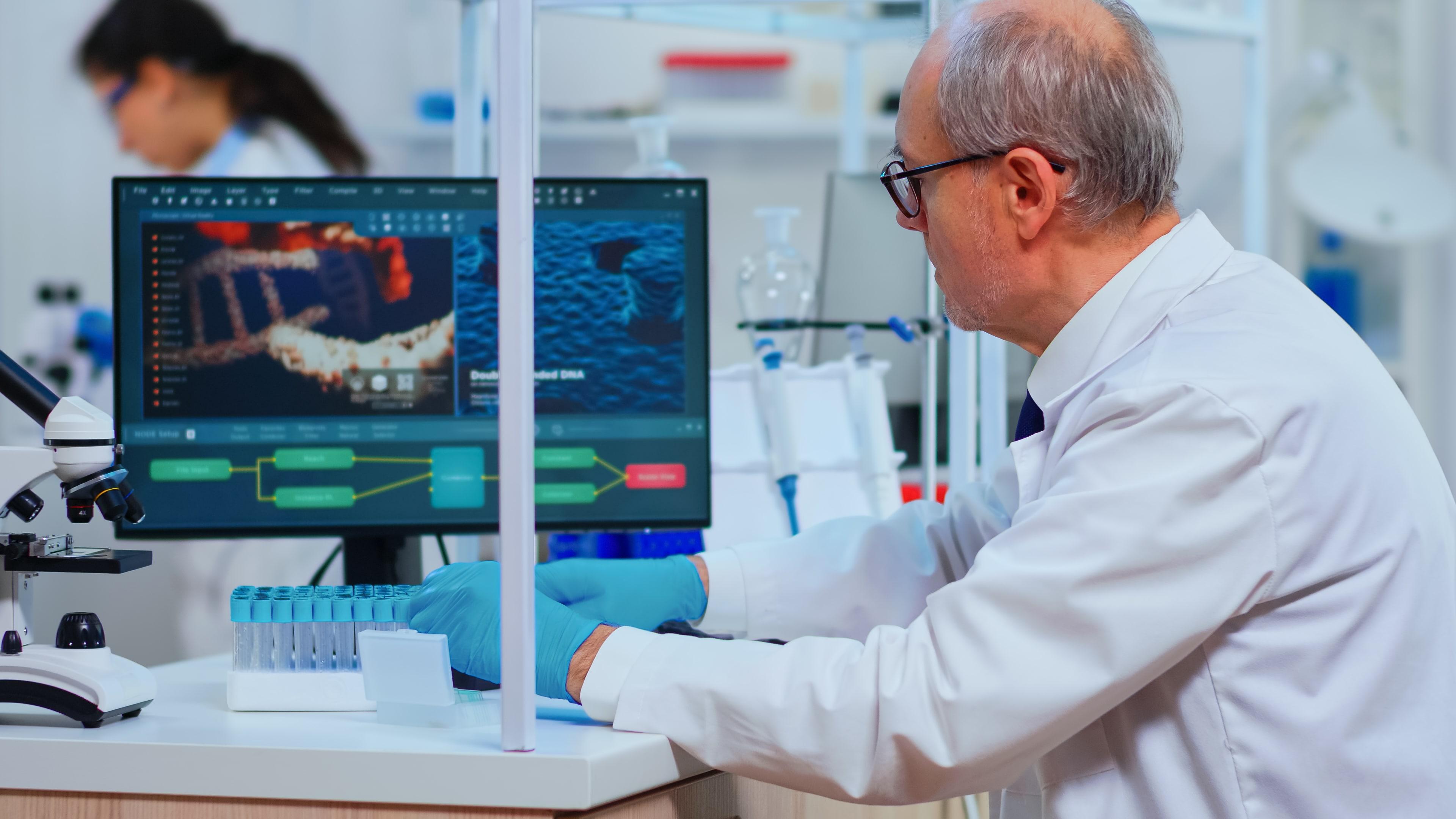Courses / Disease Modeling And Target Discovery

Disease Modeling and Target Discovery
Insilico Medicine
Topic
Disease Modeling And Target Discovery
Background
This course is presented to you by Insilico Medicine, an artificial intelligence-driven pharma-technology company that focuses on accelerating drug discovery and development. Insilico Medicine develops the PHARMA.AI platform to discover novel targets, design novel molecules and maximize chances of successfully conducting clinical trials. Currently Insilico Medicine has 29 targets participating in 31 programs in a diversified pipeline covering fibrosis, oncology, COVID-19, aging and other indications.
HDR UK has brought Insilico Medicine's excellent course on Disease Modelling and Target Discovery to Futures. This course features seven lessons, each with their own bitesize videos for you to gain a better understanding of disease modelling.
About this course
Disease modelling and target discovery are critical areas in biomedical research that involve using computational and experimental approaches to gain insights into the causes of diseases and identify potential targets for drug development. With the increasing prevalence of complex diseases such as cancer, Alzheimer's, and diabetes, there is a growing need for researchers and healthcare professionals with expertise in these areas.
The course content is composed of seven lectures covering key topics such as target selection criteria, the use of computational approaches, and emerging trends. A special emphasis is placed on case studies to illustrate the practical application of the concepts covered. In particular, course participants have the opportunity to freely explore a demo edition of PandaOmics, a popular commercial tool for target discovery and omics data analysis.
Objectives
- In-depth knowledge of the challenges and opportunities in drug target discovery, including the emerging role of AI, achievements, and failures of pharma companies in recent years and the most promising therapeutic areas.
- Practical skills in identifying and evaluating potential drug targets, including familiarity with several popular tools and resources.
- Knowledge of the latest trends and emerging topics in target discovery, such as the use of large language models and the evolution of the druggable genome concept.
- Exposure to several case studies that illustrate the practical application of the concepts covered, and the ability to critically evaluate and compare different target discovery strategies.
Intended audience
The target audience for this course is individuals interested in drug discovery, biomedical research, and healthcare innovation such as researchers, scientists, and professionals in the pharmaceutical industry. The course is especially suitable for students pursuing a degree in molecular biology, chemistry, or related fields who want to understand the aspects of initial but key steps in drug development. They will see how fundamental science can be applied to the development of novel therapeutics. Specialists in data analysis, machine learning, and natural language processing may also be interested in this course, since these areas are actively used in drug development.
The course will provide them with knowledge about problem setting and potential applications as well as give an intro to the underlying biology. Overall, our course can initiate or boost your career in big pharma or small biotech companies. Join us today and take the first step toward making a positive impact on human health!